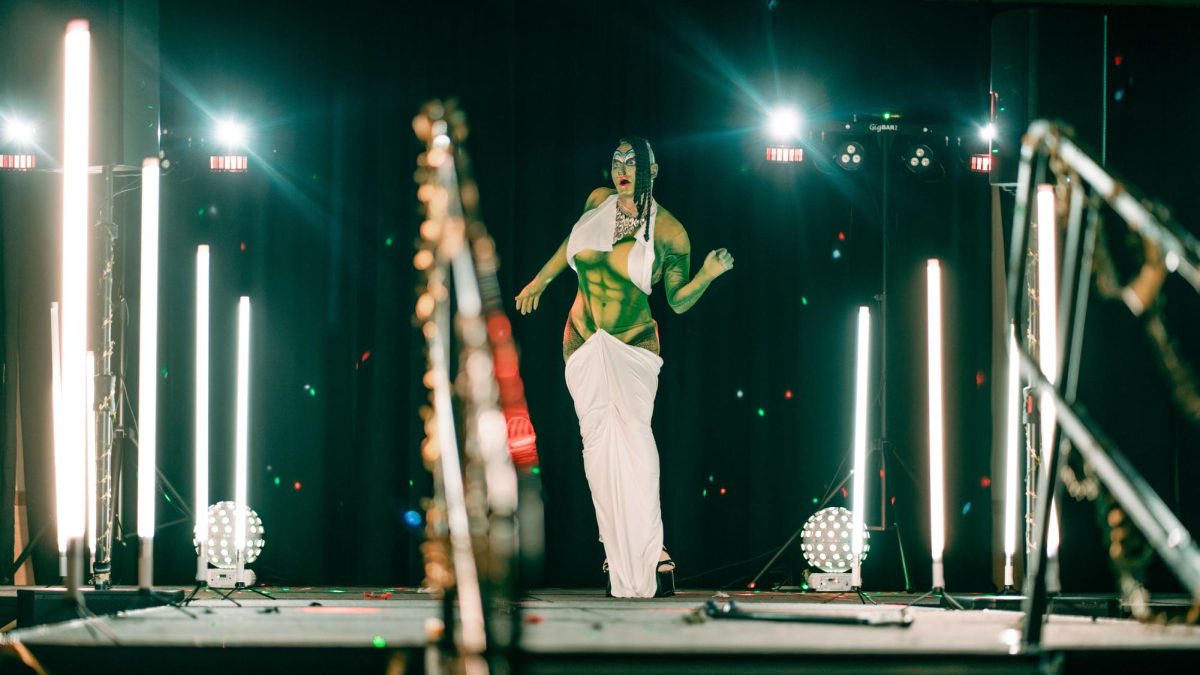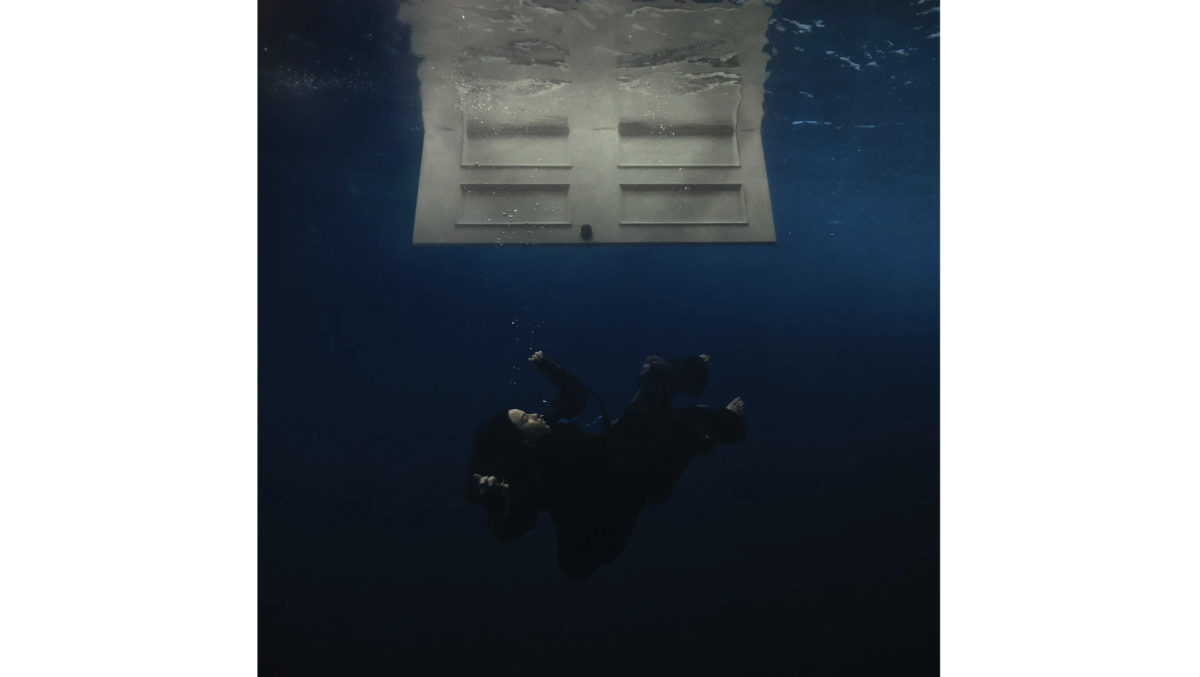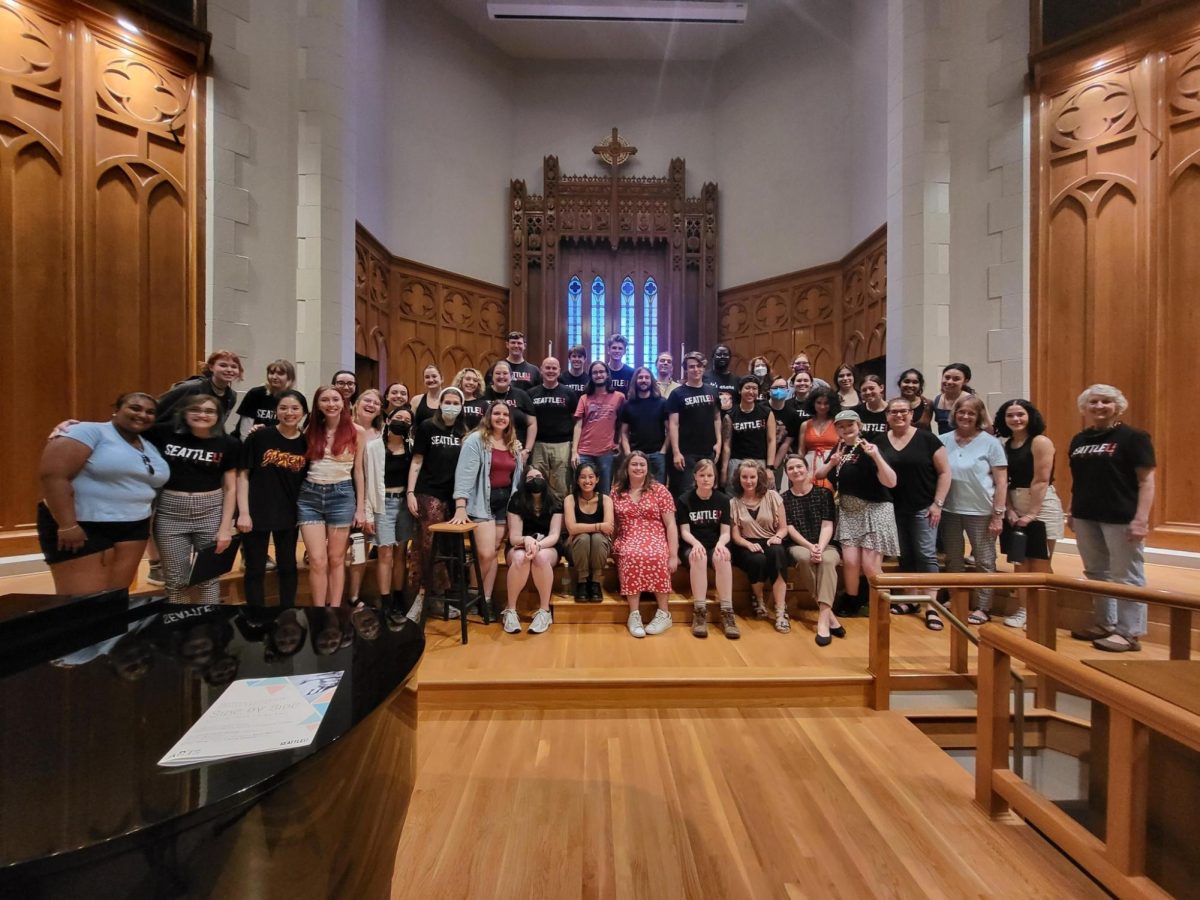As power outages flickered through Dakar, the capital city of Senegal on Jan. 16, 2011, a group of musicians, journalists and activists were formulating a movement that would shake the country to its core. Several names for their new group emerged such as “Ca Suffit” (That’s enough) and “Y’en a assez” (We’ve had enough)—yet the name “Y’en a marre” (We’re fed up) stuck. On Jan 18, the musicians, journalists, and activists took their campaign nationwide.
Unlike most other groups formed at the time, she and the other members decided that Y’en a Marre was to be apolitical. By not supporting any political party or engaging in partisan politics, the group speaks with the people, according to Sow. As activists and as a musical ensemble, they aim to capture the voice of the people, and use music as a medium to inform and empower. Songs like “Faux. Pas Forcé” (False! Not inevitable) or “Dokh ak sa Gokh” (Observation of Good Governance and Democracy) seek to show the Senegalese people their rights, and reveal social injustices in their society.
Formed around the hip hop trio of Malal Talla, aka “Foule Malade,” Cheikh Touré “Junior,” and Kilifeu, the group continues a long tradition of challenging unjust authorities. Originally called “Keur Gui de Kaolack”, the young rappers were arrested when they were just 16 years old for critiquing the mayor of their small town. Yet for Y’en a Marre and Denise Sow, one of the cofounders of the movement, this is the role of the musician and the activist: to critique and inform.
JB: For those who don’t speak French, what does Y’en a Marre mean, and why choose a name like this?
DS: Y’en a Marre means “We’re fed up.” It’s both a social and an apolitical movement that distances itself from politicians. It’s a movement that fights injustice, mal-governance, corruption, and helps the youth to grab ahold of their future, and not wait on authorities. It’s a movement that puts pressure on the state so that it focuses on the needs of the people, rather than confusing futilities for priorities.
JB: Why did you choose to be an apolitical movement?
DS: When we decided to start this movement we said that we were going to break away from everything we’re used to seeing. For example, there are movements in Senegal that started independently, yet ended up joining the government. We told ourselves, ‘We’re going to create something new, that’s different from all of that – we’re going to make sure that people see themselves in the movement, that they really feel like they’re a part of it.’
JB: Can you explain how Y’en a Marre uses music as a medium?
DS: [Y’en a marre], they take on our voice. We’ve used this medium to help people understand the philosophy of the movement. And all the campaigns that we’ve made across the country were to let people understand the movement was done through rap.
JB: For you, what is the role of a musician?
DS: They really have to be someone who is an awakener of consciousness, not just singing to entertain or for pleasure… We have to move beyond that, there are so many horrible things in society that we can call out, so many injustices: corruption, greed, we can denounce all of it… and when you do this, in a way, you’re already an activist.
JB: You have all travelled a lot, can you talk about what that experience was like?
DS: In the case of Burkina Faso, there were all these artists who went to Burkina for a festival. [Y’en a Marre] went out to the crowd after finishing their set and they asked the people, ‘Do you have confidence in this politician or that politician’, and they said ‘No!’ They asked the people, ‘Do you have confidence in Smockey?’ An artists who is very well known there, and they said, ‘Yes!’ They called Smockey and other musicians out on the stage and told them, ‘Your people are behind you. Do something for them.’ It was on that stage that the social movement “Le Balai Citoyen de Burkina” (The Citizen Broom of Burkina) was born.’
JB: What was it like, being one of the leaders of a social movement like this?
DS: It was so impactful to see all the people behind us, people willing to sacrifice themselves, to make all these sacrifices just for some sort of change, it was just incredible.
This interview was translated from French by Jason Bono.
Jason may be reached at [email protected]










